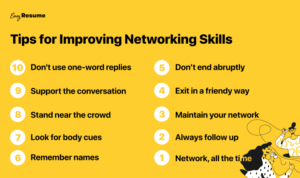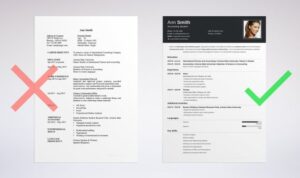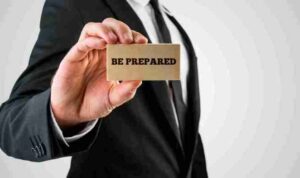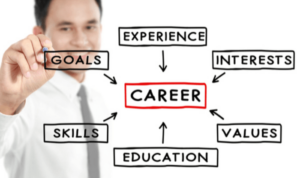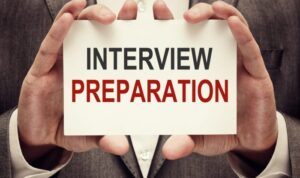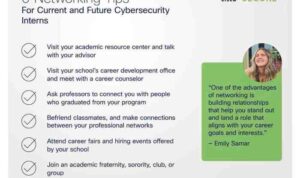Job Interview Preparation sets the stage for success as we dive into the crucial steps to nail that next job interview. From researching the company to acing common interview questions, let’s gear up for a winning performance.
Dressing for success and mastering mock interviews are just a few key elements in this ultimate guide to landing your dream job.
Importance of Job Interview Preparation
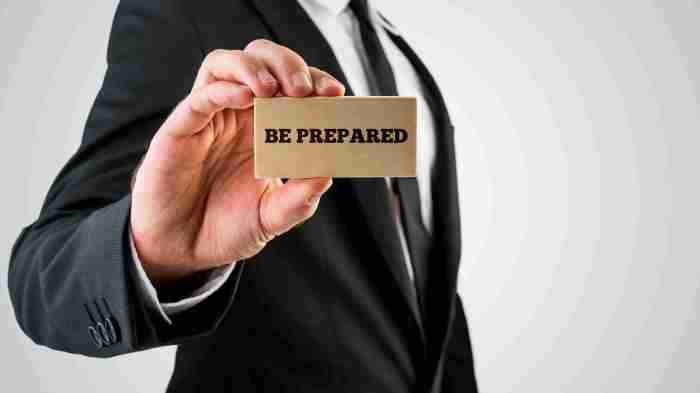
Preparing for a job interview is like studying for a test, but way cooler. It’s crucial because it shows your potential employer that you’re serious about the position and willing to put in the effort. Plus, it helps you stand out from the competition and increases your chances of landing that dream job.
Boosting Confidence, Job Interview Preparation
When you’re well-prepared for an interview, you’ll feel like a boss walking into that room. Knowing your stuff and being ready for any question thrown your way can skyrocket your confidence levels. And let’s face it, confidence is key when it comes to nailing that interview and leaving a killer impression.
Researching the Company
Before heading into a job interview, it’s crucial to research the company you’re applying to. This not only shows your interest and dedication but also helps you tailor your answers during the interview to align with the company’s values and goals.
Significance of Researching the Company
Researching the company allows you to understand its culture, mission, and values. This knowledge helps you demonstrate how your skills and experiences align with what the company is looking for in a candidate. It also shows the interviewer that you are serious about the position and have taken the time to learn about the organization.
- Check the company’s website: Look for information about their history, mission statement, products/services, and recent news.
- Review their social media profiles: Follow the company on platforms like LinkedIn, Twitter, and Facebook to get a sense of their company culture and recent updates.
- Read employee reviews: Websites like Glassdoor can provide insights into the company’s work environment, management style, and overall employee satisfaction.
- Utilize professional networks: Reach out to current or former employees of the company to gain insider perspectives and information.
Tailoring Answers During the Interview
By researching the company, you can tailor your answers to showcase how your skills and experiences directly relate to the company’s needs and goals. For example, if the company values innovation, you can highlight projects where you implemented creative solutions. This tailored approach demonstrates your fit for the role and sets you apart from other candidates.
Common Interview Questions
Preparing for common interview questions is essential to ace your job interview. These questions are often asked to assess your skills, experience, and fit for the role.
Behavioral Questions
Behavioral questions are designed to gauge how you have handled past situations. Use the STAR method (Situation, Task, Action, Result) to structure your answers effectively. For example, when asked about a time you faced a challenge, describe the situation, the task at hand, the action you took, and the positive result of your actions.
Situational Questions
Situational questions present hypothetical scenarios to evaluate your problem-solving skills. Be prepared to discuss how you would handle challenging situations in the workplace. For instance, if asked how you would deal with a difficult coworker, focus on conflict resolution techniques and teamwork strategies to showcase your interpersonal skills.
Dressing for Success: Job Interview Preparation
Dressing appropriately for a job interview is crucial as it shows respect for the opportunity and professionalism. Your outfit is often the first impression the interviewer gets of you, so it’s important to make it count.
Choosing the Right Interview Outfit
- Opt for professional attire such as a suit, dress shirt, tie, or blouse and slacks.
- Choose neutral colors like black, navy, or gray for a more conservative look.
- Ensure your clothes are clean, pressed, and fit well to convey attention to detail.
- Avoid loud patterns, excessive jewelry, strong perfumes, or flashy accessories.
Impact of Dressing Well on Interviewer’s Perception
- Dressing well can boost your confidence and make you feel more prepared for the interview.
- It demonstrates your professionalism and respect for the position and company.
- The interviewer is more likely to perceive you as a serious candidate who pays attention to details.
- It sets a positive tone for the interview and can help you make a strong first impression.
Mock Interviews
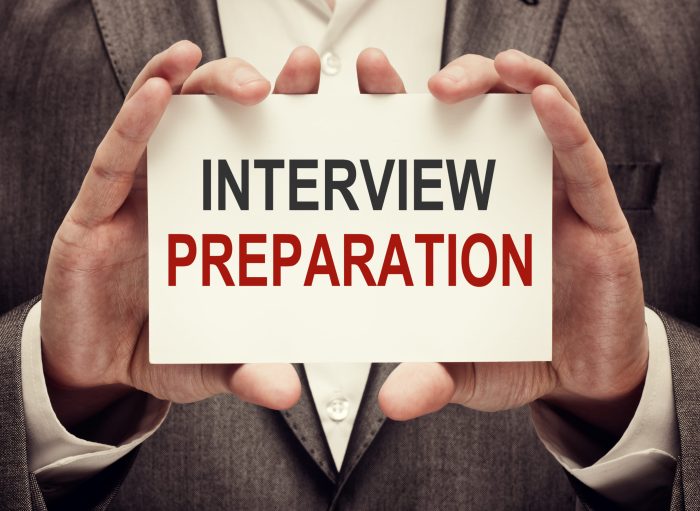
Mock interviews are a crucial part of job interview preparation, providing candidates with the opportunity to practice and refine their responses in a simulated interview setting.
Benefits of Mock Interviews
- Helps candidates gain confidence: By practicing mock interviews, candidates can become more comfortable with the interview process and boost their confidence.
- Identifies areas for improvement: Mock interviews allow candidates to receive feedback on their responses, enabling them to identify and work on areas that need improvement.
- Reduces nervousness: Through repeated mock sessions, candidates can reduce nervousness and anxiety, leading to better performance during the actual interview.
Improving Responses through Mock Interviews
During mock interviews, candidates can focus on:
- Practicing common interview questions and formulating structured responses.
- Working on body language, eye contact, and overall presentation.
- Receiving feedback on answers and refining them for better clarity and impact.
Creating a Realistic Environment
To simulate a realistic interview environment during mock sessions, candidates can:
- Dress professionally as they would for a real interview to get the feel of the setting.
- Choose a quiet and distraction-free space to conduct the mock interview.
- Use a timer to stick to the allotted time for responses, just like in a real interview.







